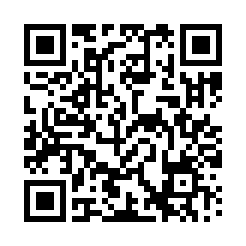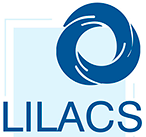Psychometric properties of the “Academic motivation scale” adapted for the professional nursing education
DOI:
https://doi.org/10.19136/hs.a22n2.5087Abstract
Objective: The present work carries out an adaptation of the Academic Motivation Scale (EMA) to be used in professional nursing education (EMA-Enf) and to evaluate its psychometric properties.
Methods: An adaptation to a Spanish version of the EMA was made for its use in the context of professional nursing education. A structured questionnaire was developed and applied to 447 Nursing undergraduate students in Michoacán, Mexico. Confirmatory factor analysis (CFA) was performed to test the fit of different models derived from Self-Determination Theory (SDT). SPSS software was used for database management and R software for model estimation considering the ordinal nature of the items. The internal consistency was evaluated through the Coefficients α and ω.
Results: In the AFC, it was observed that the model of seven correlated factors proposed in the SDT achieves the best fit (χ2= 951.88 p< 0.001, CFI= 0.927, RMSEA= 0.065, SRMR= 0.072). The seven factors had acceptable internal consistency (Coefficient α with a range between 0.624 and 0.746; and the Coefficient ω between 0.719 and 0.896).
Conclusion: The EMA-Enf Scale can be a viable proposal in educational research and practice related to professional nursing education.
Keywords: Motivation; Education, nursing; Psychometrics.
Downloads
Downloads
Published
Issue
Section
License
Copyright (c) 2022 Horizonte Sanitario

This work is licensed under a Creative Commons Attribution-NonCommercial-ShareAlike 4.0 International License.





























